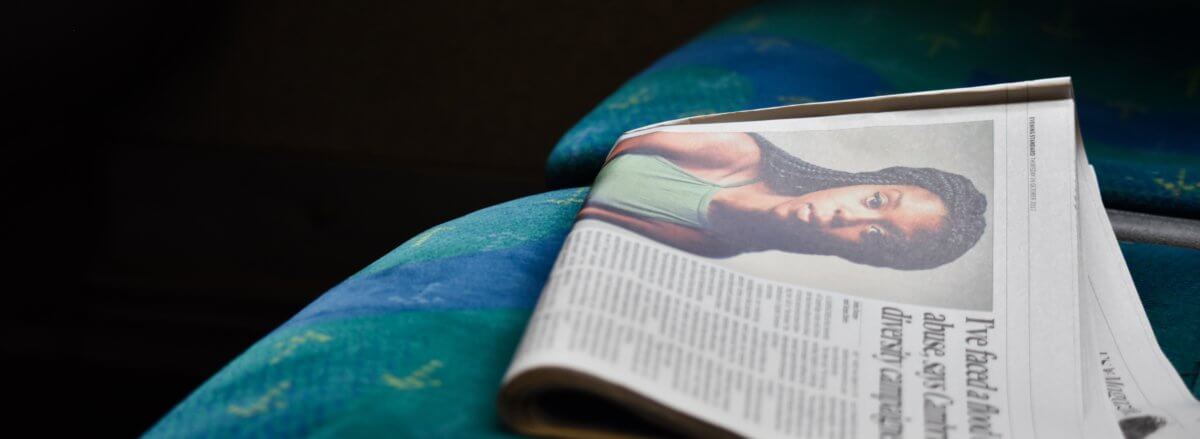A powerful editorial in last Sunday’s Observer newspaper linked the facts that domestic violence killings have hit a five-year high and reported rape cases increased by 9% in the last year.
The domestic violence bill was delayed again as one of the casualties of the prorogation of parliament,
Rape, it seems, is becoming effectively decriminalised, with the vast majority of perpetrators free to continue offending. While reported rapes are on a frightening upward trajectory, all the key statistics for counter measures are tumbling in the other direction: in the past year rape charges fell by 38%, prosecutions by 33% and convictions by 27%.
“Today, a woman reporting rape has just a 3% chance of seeing her alleged rapist convicted”, according to the Observer.
The DPP blames both the police, for trying to second guess DPP prosecution decisions and making fewer referrals, and the welter of evidence available via new technology, particularly smartphones, which needs to be trawled through to gather evidence and build a case.
The apportioning of blame on the police looks more than a little unfair when you consider that CPS prosecution rates for rape have fallen almost twice as fast as police referrals to the CPS. The Observer concludes that the figures indicate ‘a damaging change in approach to prosecuting rape by the CPS’.
Rapists, it seems, continue to benefit from both the myths and stereotypes that have always clouded and challenged rape case evidence and the desire of the CPS to improve its conviction rates, with prosecutors encouraged to ‘take more weak cases out of the system’. Since prosecutors also advise police on which cases should be referred to the CPS, they consequently have considerable influence over the falling police referral rates blamed by the DPP.
Government austerity measures which have seen a fall of 20,000 in police numbers since 2010 will also have limited police capacity to track down and arrest suspects, as well as investigate and consider the weight of evidence required to bring a successful prosecution.
The case studies in the Observer article demonstrate clearly the shocking experiences victims go though. One victim was told it was a ‘positive’ case. A year later it was dropped, in part because she did not look particularly scared or nervous when seen in CCTV images from earlier that night. The CPS needs to accept greater responsibility for the ineffectiveness of the system for bringing rapists to justice, both to provide justice for the victims and to deter future perpetrators; taking weak cases out of the system is not the answer.

